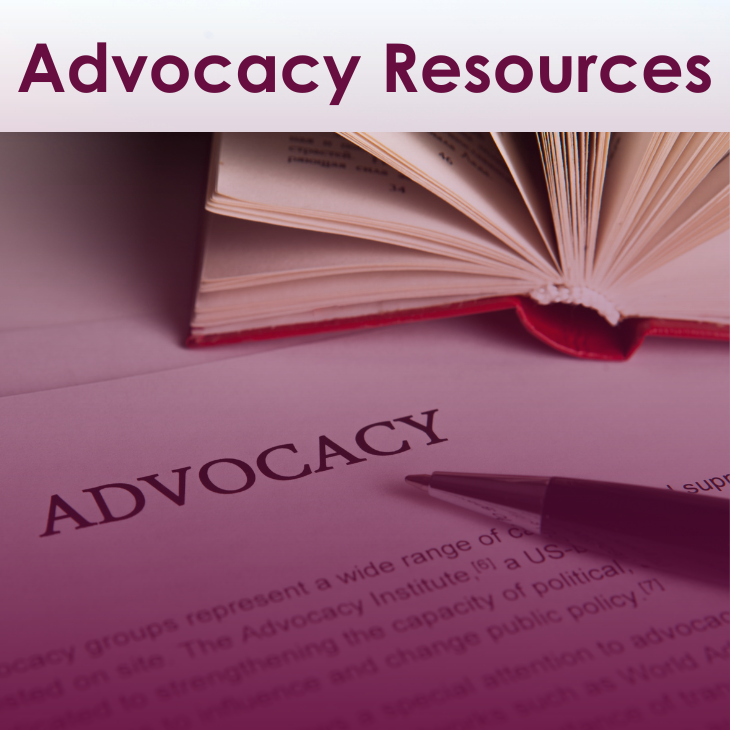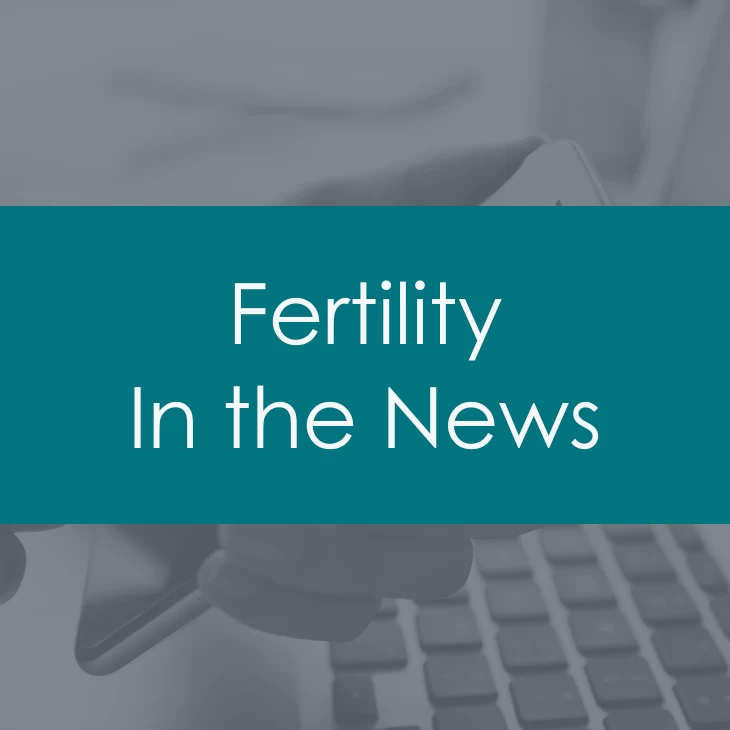
Gözden Geçirme: 2023
PKOS nedir?
Polikistik over sendromu (PKOS), kadınların %5-10’unu etkileyen yaygın bir hormon bozukluğudur. Tüm sendromlarda olduğu gibi, PKOS da birlikte görülen bir dizi sorunu içerir. Tüm PKOS’lu kadınlarda aynı belirtiler görülmeyebilir. PKOS tanısı konabilmesi için kadında aşağıdaki üç durumdan ikisinin bulunması gerekir: kronik yumurtlama olmaması (anovulasyon; yani hastanın düzenli olarak yumurta geliştirip yumurtlamaması), kronik yüksek testosteron düzeyleri (hiperandrojenizm; akne ya da yüzde ve vücut orta hattında aşırı kıllanmaya neden olabilir) ve yumurtalıklarda çok sayıda küçük sıvı dolu kese (antral foliküller). Bu foliküller, büyük over kistlerinden farklıdır.PKOS tanısı nasıl konur?
Bu durum farklı sorunların bir arada bulunmasıyla tanımlandığından, PKOS tanısı fizik muayene bulguları, hasta öyküsü, ultrason (sonogram) sonuçları ve kan testlerinin birlikte değerlendirilmesiyle konur.PKOS’lu kadınlar düzensiz veya hiç adet görmemekten ya da adetler arasında uzun süre geçmesinden (genellikle yılda 6’dan az döngü) şikayet edebilir. Aynı zamanda fazla kilolu olabilir, artmış tüylenme (hirsutizm), akne veya gebe kalamama sorunları yaşayabilirler. Ultrasonografi ile yapılan incelemede, PKOS’lu kadınların yumurtalıklarında çok sayıda küçük folikül ve büyümüş yumurtalıklar görülebilir. Kan testlerinde yüksek kan şekeri, yüksek kolesterol veya yüksek erkeklik hormonu (androjen) seviyeleri saptanabilir.
PKOS’lu kadınları hangi riskler bekler?
PKOS’un bazı riskleri, kadının düzenli olarak yumurtlamamasından kaynaklanır. Yumurtlama gerçekleşmediğinde hormon döngüsü bozulur ve rahim iç tabakası progesteron olmadan sürekli östrojen etkisine maruz kalır (çünkü progesteron ancak yumurtlamayla artar). Bu da rahim iç tabakasının aşırı kalınlaşmasına ve düzensiz kanamalara neden olabilir. Zamanla bu durum rahim kanseri ya da kanser öncülü değişikliklere yol açabilir. Ayrıca yumurtlamanın olmaması gebelik elde etmeyi de zorlaştırır (infertilite).PKOS’lu kadınlarda metabolik sendrom da yaygındır. Bel çevresinde fazla yağlanma, yüksek kolesterol, yüksek tansiyon ve insülin direnci/şeker hastalığı gibi belirtiler metabolik sendromu tanımlar. Bu bulguların her biri kalp hastalığı riskini artırır. ABD’de PKOS’lu kadınlarda obezite sıktır.
PKOS’lu kadınlarda infertilite (kısırlık) nasıl tedavi edilir?
PKOS’ta infertilitenin nedeni yumurtlamanın olmamasıdır. Yumurtlama, ağızdan alınan ilaçlarla sağlanabilir. Klomifen sitrat, yumurtlamayı uyarıcı ağızdan alınan bir ilaçtır. Letrozol adlı başka bir ilaç da PKOS’lu kadınlarda etkili olabilir. Ağızdan ilaçlar yeterli olmazsa, yumurta gelişimini uyarmak için gonadotropin adı verilen enjeksiyon şeklindeki fertilite ilaçları kullanılabilir. Bu ilaçlar kullanılırken kadınların yanıtı dikkatle izlenmelidir.Fazla kilolu bir kadında, kilo vermek yumurtlama düzenini ve gebelik şansını artırabilir.
Metformin gibi insülin duyarlılığını artırıcı ilaçlar, vücudun insülini daha etkili kullanmasına yardımcı olarak yumurtlamayı düzenleyebilir. Ayrıca diyabet veya metabolik sendrom gelişme riskini de azaltabilir.
Eğer diğer tedaviler işe yaramazsa, in vitro fertilizasyon (IVF) yöntemi ile gebelik sağlanabilir.
Gebelik istemeyen PKOS’lu kadınlarda tedavi nasıl yapılır?
Gebe kalma hedefi yoksa, hormon ilaçları genellikle PKOS semptomlarının kontrolünde etkilidir. Doğum kontrol hapları, aşırı kıllanma ve akneyi azaltmak, adetleri düzenlemek, gebeliği önlemek ve rahim kanseri riskini azaltmak için yaygın olarak kullanılır. Metformin ayrıca diyabet ya da metabolik sendrom riskini azaltmak için de verilebilir.Aşırı tüylenme ve akne, spironolakton gibi ciltte lokal etki gösteren ilaçlarla tedavi edilebilir. Aşırı kıllar, elektroliz ya da lazer tedavisi ile de giderilebilir. Kilo vermek, birçok PKOS’lu kadında diyabet riskini ve androjen seviyelerini azaltır.
Tedavi, her kadının ihtiyaçlarına, semptomlarına ve özel durumuna göre bireyselleştirilmelidir ve zamanla değişebilir. En iyi yaklaşımı belirlemek için sağlık uzmanınızla görüşün.
Turkish Fact Sheets
View more fact sheets and booklets written by the ASRM Patient Education Committee and translated by the Turkish Society of Reproductive Medicine.Polycystic Ovary Syndrome (PCOS)
Find a Health Professional
Connect with reproductive medicine experts who will guide you through your unique journey. Our search tool allows personalized matches based on location, specialization, and expertise. Take control of your reproductive health with compassionate providers, innovative treatments, and unwavering support.
Search for an Expert












